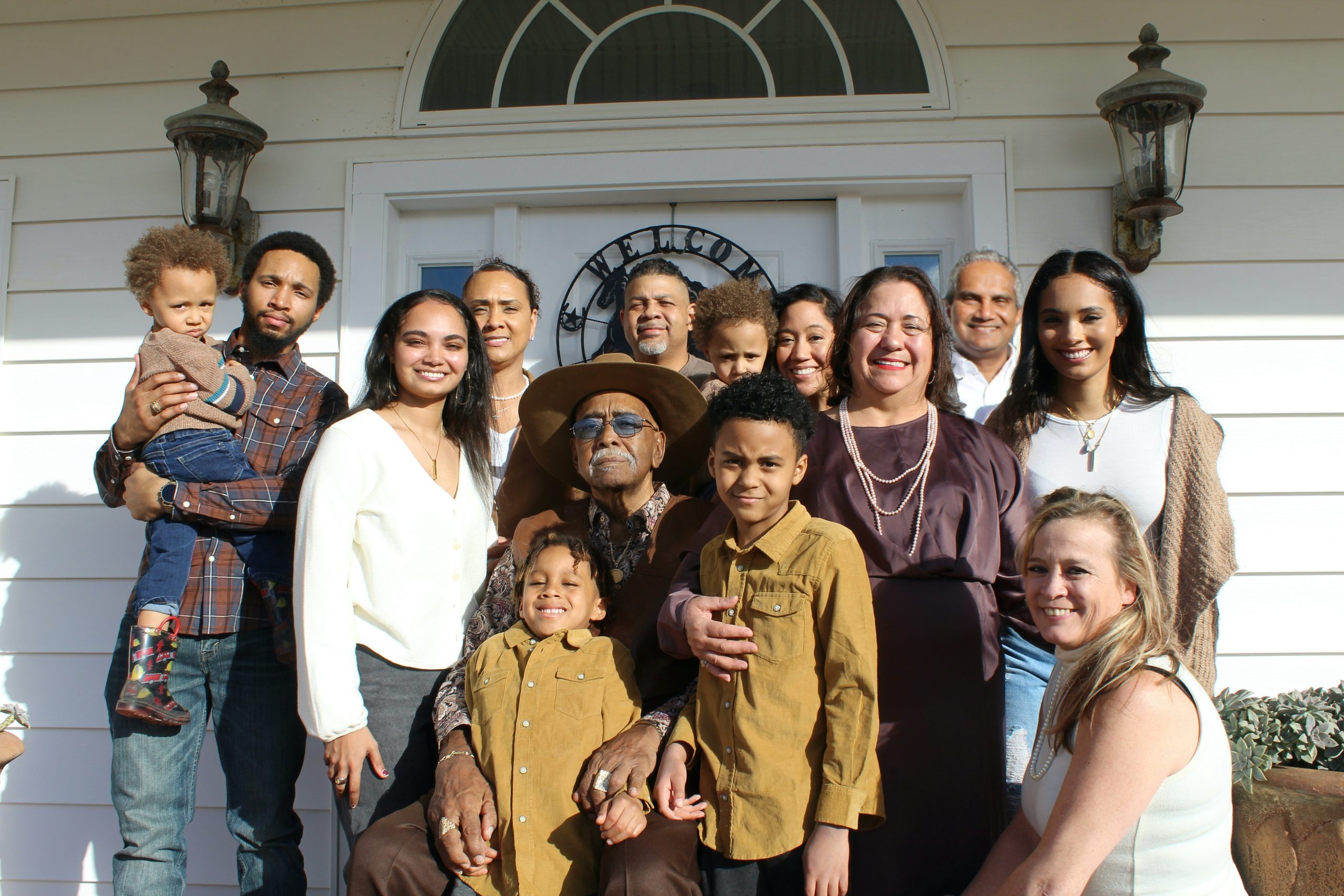Why Every Special Needs Parent Needs a Support Network
Photo by Rajiv Perera
Martin Clavet didn’t plan for this kind of life. When his son Léonard was born with a rare genetic disorder, everything changed for Martin.
Léonard couldn’t walk nor talk. He needed a walker just to move around. He also has severe food allergies, and he couldn’t eat like other kids because he can’t chew.
Martin, like many parents of children with special needs, was thrust into a world he didn’t choose. One he had to learn to survive in, fast.
He remembers the early days. It makes him feel completely overwhelmed. He doesn’t know who to ask for help. Martin was afraid to show how much he was struggling.
“I wanted to be strong for my son,” he says, “but I was drowning.”
Luckily for him, he found a support group. It wasn’t a magical fix. For the first time, he felt belonged and seen. Other parents welcomed him in, not with judgment, but with empathy.
They swapped stories, shared resources, laughed and even cried together sometimes. The group made him realize that while his journey might be different, he no longer had to walk the journey by himself.
Martin Clavet words still echo loudly.
“You can be a normal parent, even when your child has special needs, especially when you have the right support network.“
(Source: [Naître et Grandir] http://naitreetgrandir.com/en/feature/kids-with-special-needs/
Are you rowing your boat alone?
Like Martin Clavet, before he found his support group, are you carrying more than anyone knows?
Doctor’s appointments, therapy sessions, school meetings, and etc. You might be trying to keep it together sometimes with a smile that hides the cry.
Somehow, you still do it every single day. Honestly, every hero needs support. It also takes a community to raise a child. You aren’t meant to do this alone.
Why Support Networks Matter

Photo by: Ochimax studio
The truth is no one understands your life like another special needs parent. Not your best friend, your sister. Not even your neighbor. Only that mom who gets it when you say, “He didn’t sleep last night.”
The dad who truly knows what it’s like to sit through another IEP meeting feeling invisible. These are the kind of people who understand you better.
When you find those people, everything will shift in a positive way.
They will remind you, you’re not on this journey alone. Isolation will fade when you have someone who listens without fixing.
They will hand you real-life tips. What school advocate to talk to. How to apply for benefits. They can recommend a therapist who can help.
They will celebrate the wins no one else will see. Like a full night’s sleep, your child is trying a new food or making it through a meltdown in public.
They will help you breathe again. This is because having someone say, “You’re doing an amazing job” at just the right moment can be everything.
You’re the Hero Parent.
You didn’t choose this path, however you’re walking it with courage. You advocate, nurture, and love beyond limits. Even the strongest heroes need allies.
Building a support network doesn’t mean you’re weak. It means you’re smart and wise. It means you want to show up fully for your child and for yourself.
Read What This Study Published in a Journal Says
A study published in the “Journal of Autism and Developmental Disorders“ found that support groups are instrumental in providing emotional relief and practical assistance.
“Support groups enable parents to share information with one another, such as information about therapies or new programs, stories and experiences of living with autism, and advice on how to deal with different professionals. They also allow parents to vent their frustrations and have their feelings validated and understood.”
Find Your Network
If you don’t know where to start, you can try here.
- Dubai Autism & Special Needs Parent Group (Facebook)
- CANDID (Children with Additional Needs and Disabilities In Dubai)
- Local parenting groups at children’s hospitals or community centers.
- Online groups like (Parent to Parent USA)
- Facebook communities with parents in similar situations.
- Talk to your child’s school or therapist they often know of groups nearby.
You can see how Martin’s journey proves that a support network can change a whole lot of things in a positive way.
Do you have a support network? Can you please share your experience with us in the comment section?



